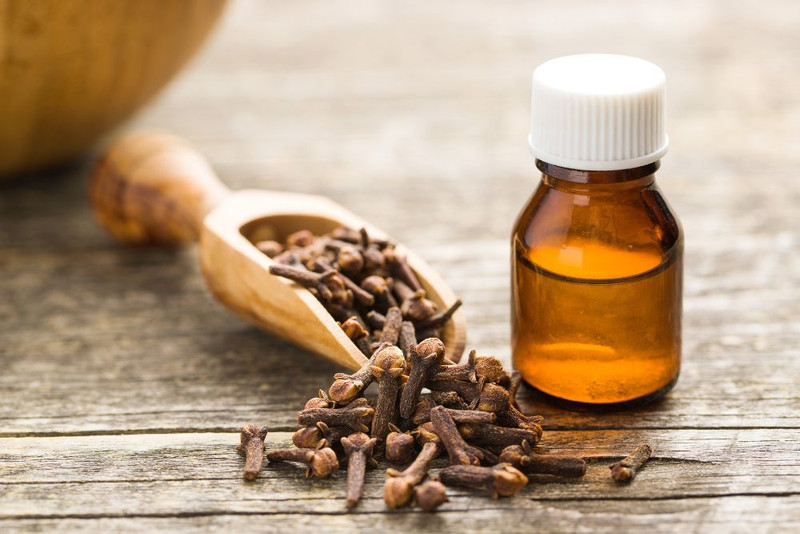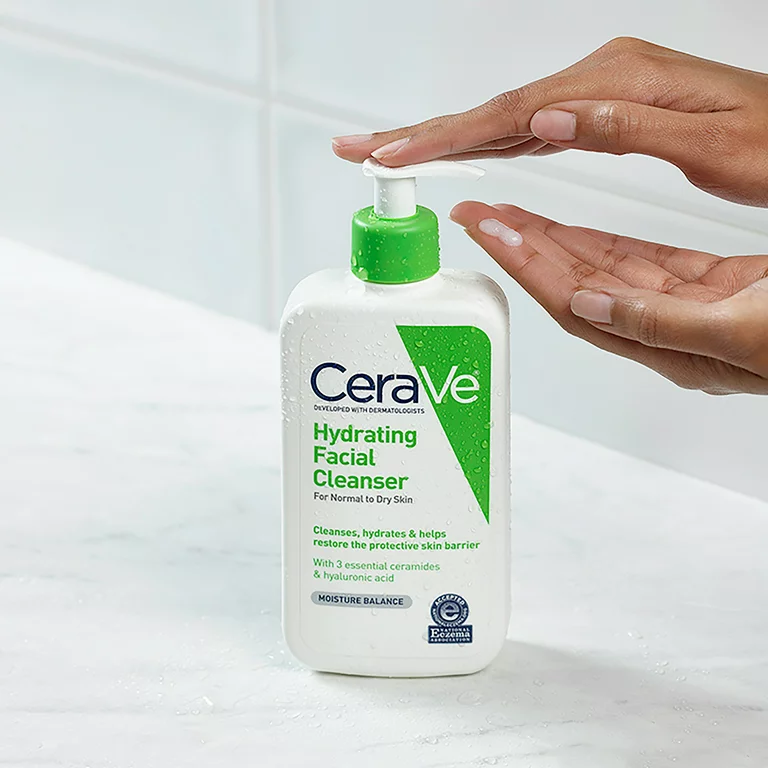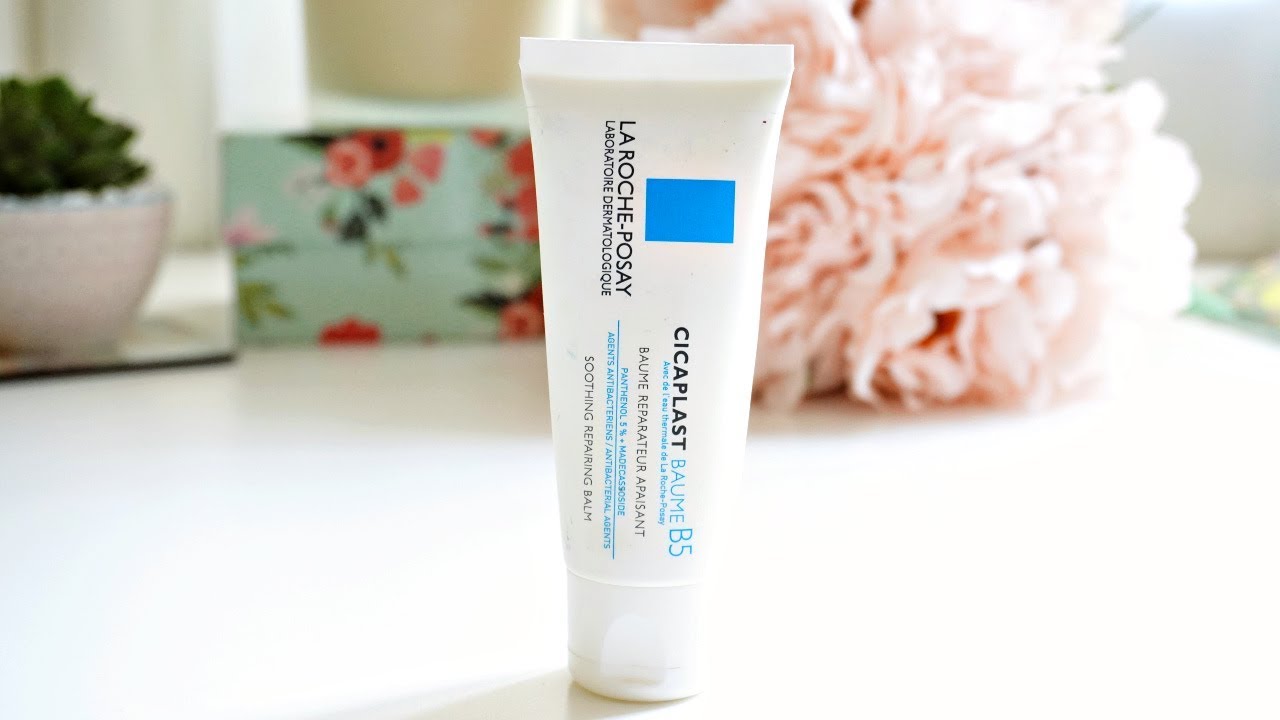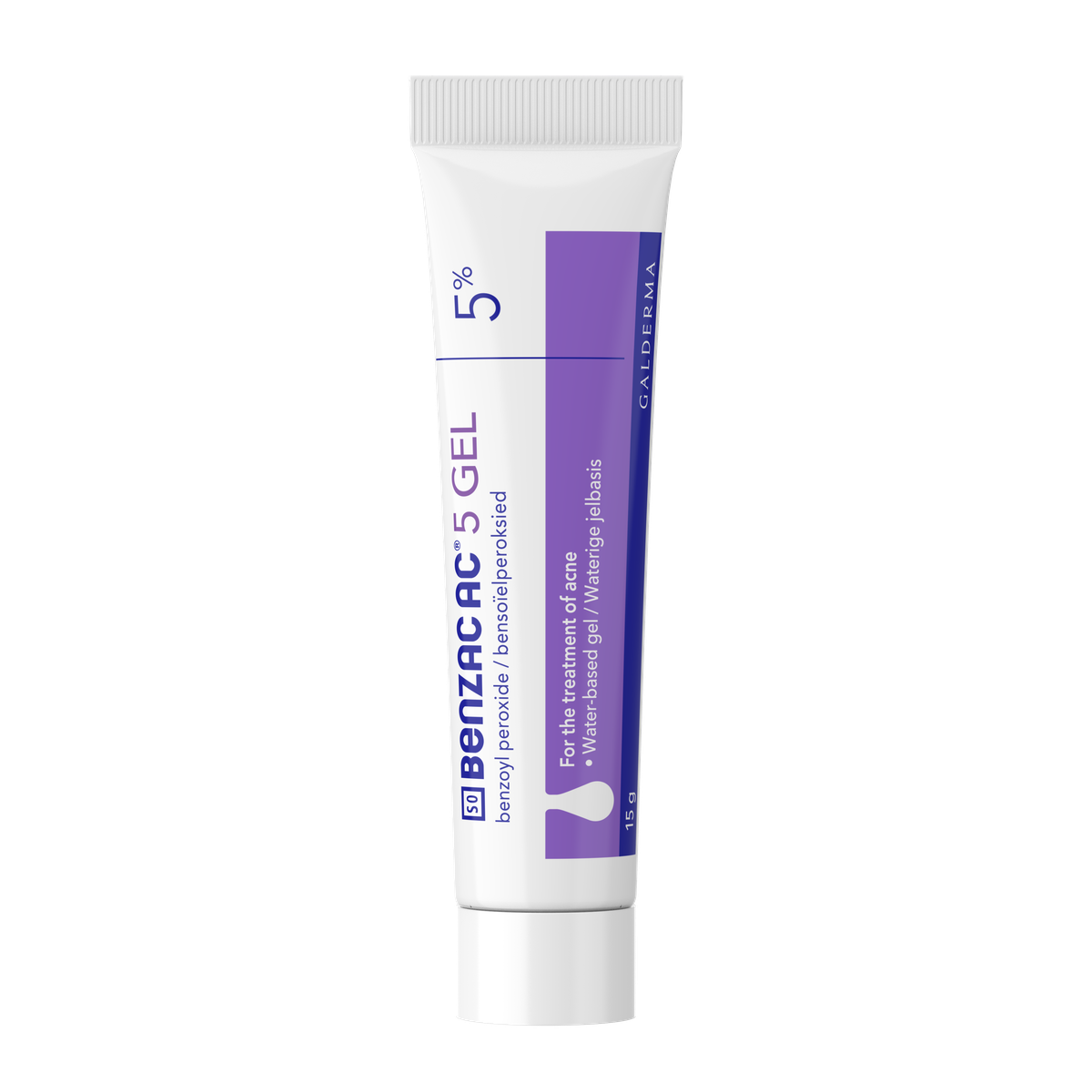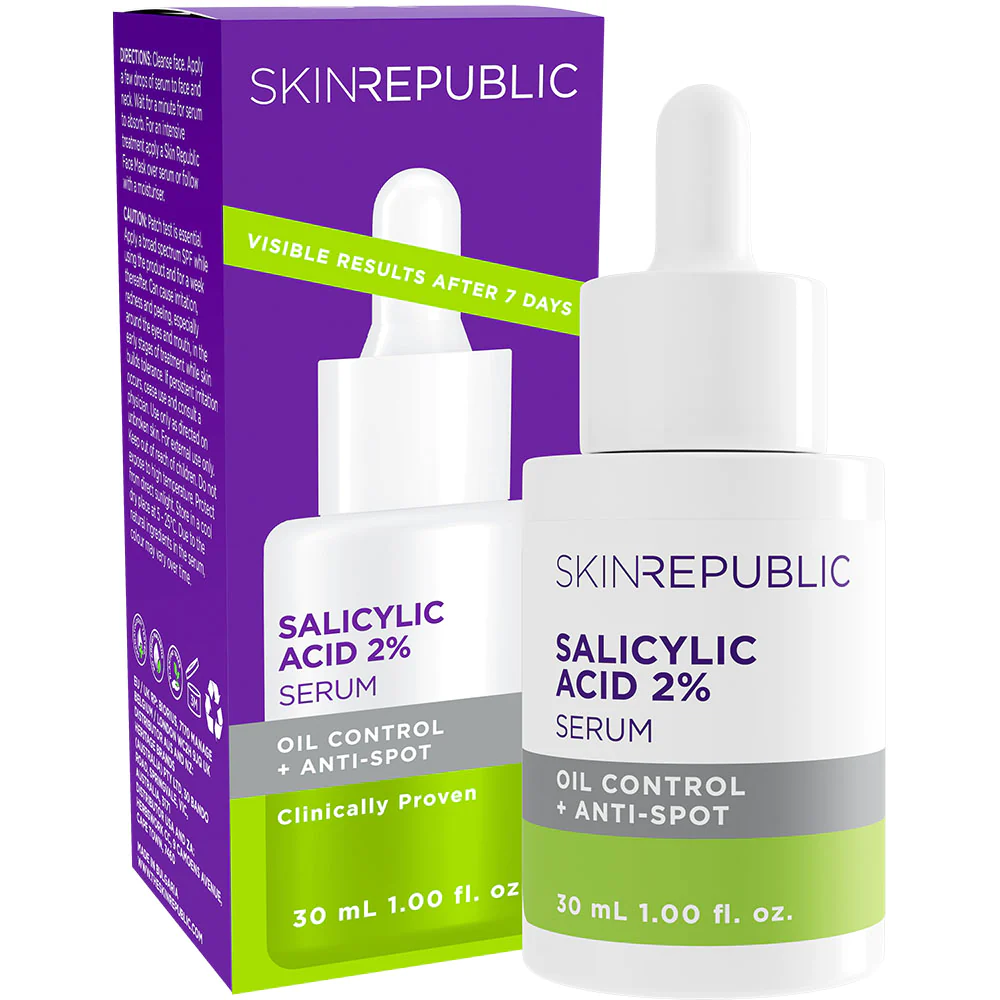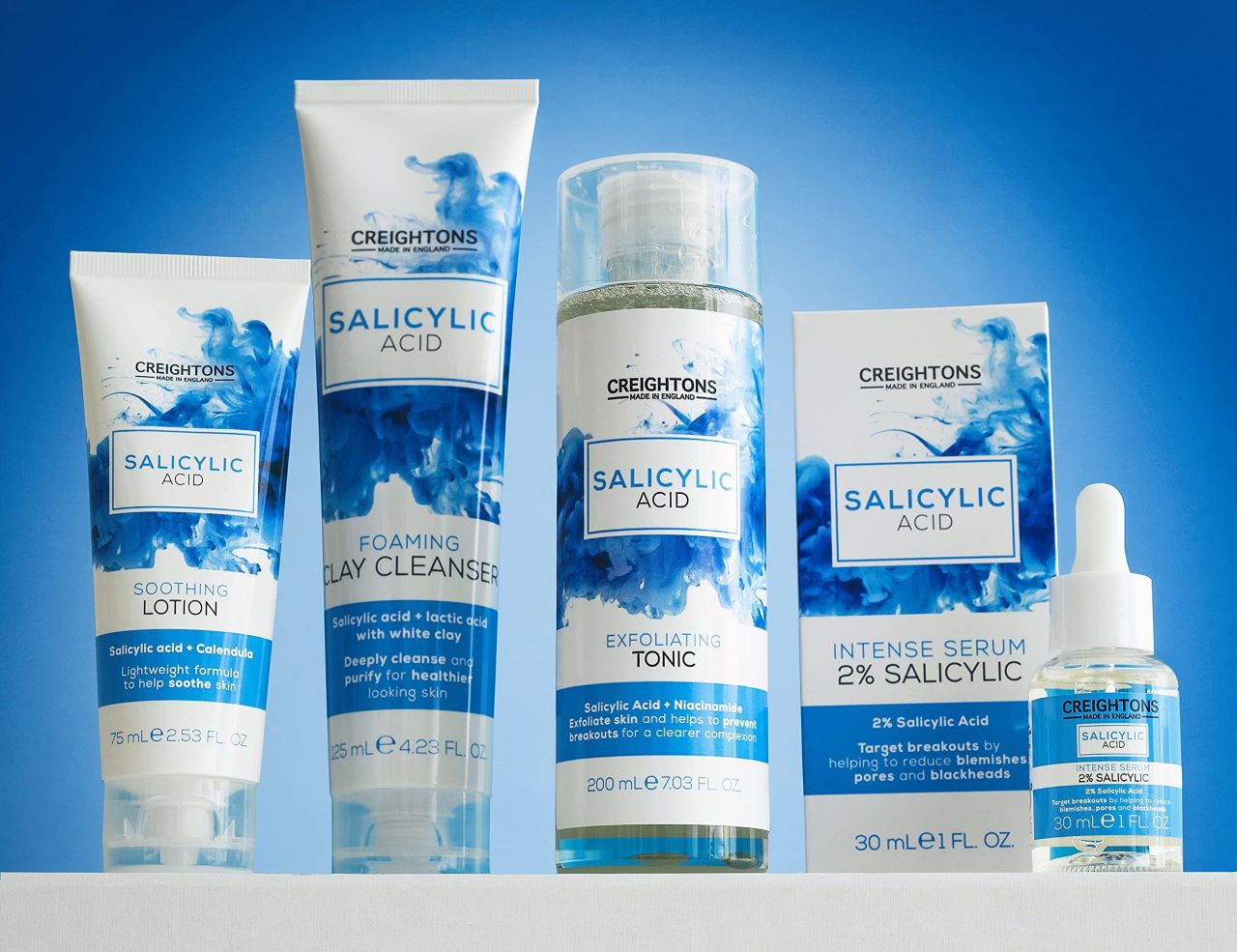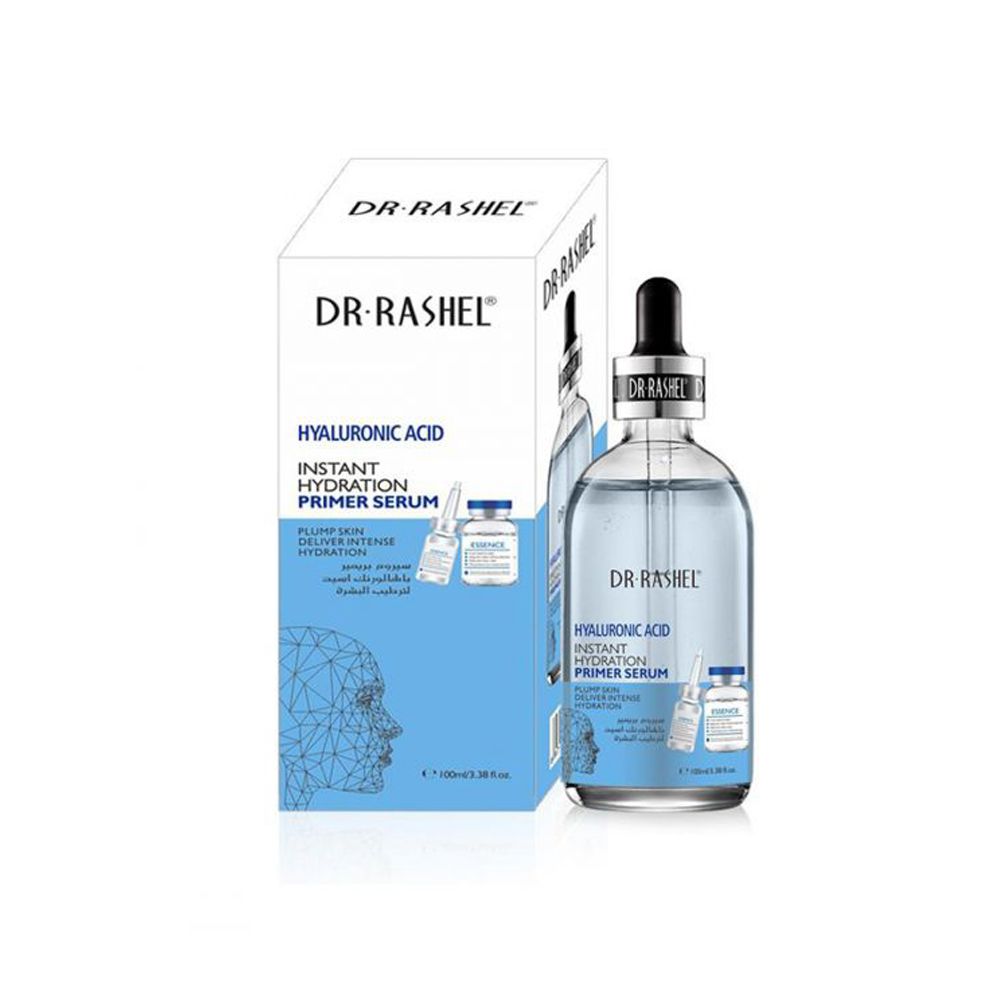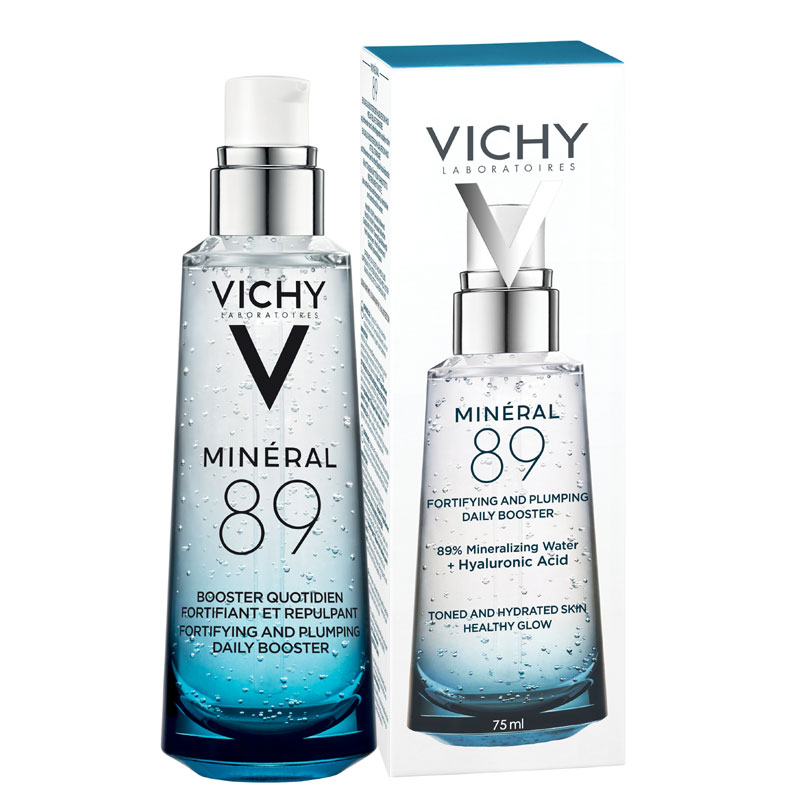Clove Oil and Its Skin Care Benefits
Clove oil is a powerful essential oil extracted from the dried flower buds of the clove tree. It has a strong, spicy aroma and is often used in aromatherapy and traditional medicine. Clove oil is also a popular ingredient in natural skincare products, as it has a number of potential benefits for the skin.
What are the benefits of clove oil for the skin?
Clove oil is rich in antioxidants, which can help to protect the skin from damage caused by free radicals. Free radicals are unstable molecules that can damage cells and contribute to premature ageing. The antioxidants in clove oil can help to neutralize free radicals and keep the skin looking healthy and youthful.
Clove oil also has antibacterial and antifungal properties. This means that it can be effective in treating skin conditions such as acne, eczema, and psoriasis. Clove oil can also help to heal wounds and reduce inflammation.
In addition, clove oil is a natural stimulant that can help to improve blood circulation to the skin. This can help to reduce the appearance of wrinkles and fine lines and give the skin a healthy glow.
How to use clove oil for the skin
Clove oil is a very potent essential oil, so it is important to dilute it before using it on the skin. A good rule of thumb is to mix 1-2 drops of clove oil with about 30ml of carrier oil, such as jojoba oil, coconut oil, or olive oil.
Once you have diluted the clove oil, you can apply it to your skin using a cotton ball or your fingers. Be sure to avoid contact with the eyes and mouth.
Here are some specific ways to use clove oil for the skin:
- To treat acne: Its antimicrobial, anti-inflammatory, and analgesic properties make it useful in the treatment of acne.
- To reduce eczema or psoriasis flare-ups: Because of its anti-inflammatory, analgesic, and antimicrobial properties, the oil can also help reduce eczema and psoriasis flare-ups. However, it’s essential to use it with caution and in combination with other treatments, as these conditions are complex and may require a multifaceted approach.
- To heal wounds: Clove oil can aid in the healing of wounds due to its various properties, including, once again, its antimicrobial, analgesic (pain-relieving), and anti-inflammatory characteristics. Applying diluted clove oil to wounds can help prevent or combat bacterial and fungal infections. Keeping wounds free from infection is crucial for effective healing.
- To reduce inflammation:Eugenol, the active ingredient in clove oil, has been shown to suppress the production of pro-inflammatory mediators such as prostaglandins and cytokines. Prostaglandins are lipid compounds that play an essential role in inflammation, and cytokines are proteins that play a role in immune responses.. By inhibiting these mediators, clove oil can help reduce inflammation.
- To improve blood circulation to the skin: Clove oil is believed to have properties that can help improve blood circulation to the skin through a combination of warming, stimulating, and vasodilatory effects.
Clove oil skincare recipes
Here are a few simple clove oil skincare recipes that you can try at home:
Clove oil acne spot treatment
Ingredients:
- 1 drop of clove oil
- 1 teaspoon of carrier oil
Instructions:
- Mix the clove oil and carrier oil together.
- Apply a small amount of the mixture to the affected area using a cotton ball.
- Leave the mixture on for 10-15 minutes, then rinse it off with warm water.
Clove oil eczema and psoriasis cream
Ingredients:
- 2 drops of clove oil
- 30ml of unscented cream
Instructions:
- Mix the clove oil and cream together.
- Apply the cream to the affected area three times a day.
Clove oil wound healing ointment
Ingredients:
- 1 drop of clove oil
- 1 teaspoon of coconut oil
Instructions:
- Mix the clove oil and coconut oil together.
- Apply a small amount of the mixture to the wound using a cotton ball.
- Cover the wound with a bandage.
Clove oil anti-ageing serum
Ingredients:
- 2 drops of clove oil
- 30ml of jojoba oil
Instructions:
- Mix the clove oil and jojoba oil together.
- Apply the serum to your face and neck at night before bed.
Precautions
It’s important to note that while clove oil may have positive effects, it should be used with caution and in moderation, as it can be strong and potentially irritating to the skin, especially when applied undiluted.
Here’s how to use clove oil for improved blood circulation to the skin:
Dilution: Always dilute clove oil with a carrier oil (e.g., coconut oil, almond oil) before applying it to the skin. A few drops of clove oil per teaspoon of carrier oil is a typical dilution ratio.
Patch Test: Before applying the diluted mixture to a larger area of your skin, perform a patch test on a small, inconspicuous part of your skin to check for any adverse reactions.
Topical Application: Apply the diluted clove oil mixture to the skin and gently massage it in. Focus on the areas where you want to improve blood circulation or where you experience coldness or poor circulation.
Warm Compress: You can also use warm compresses with clove oil. Soak a cloth in warm water mixed with a few drops of diluted clove oil and apply it to the desired area. This can further enhance the warming and vasodilatory effects.
Consultation: If you have any skin conditions, allergies, or concerns, it’s a good idea to consult with a dermatologist or healthcare professional before using clove oil or other essential oils for skin care.
Remember that while clove oil may help improve blood circulation, individual reactions may vary, and it may not be suitable for everyone. If you experience skin irritation or discomfort, discontinue use immediately.
Moreover, Clove oil is generally not recommended for pregnant and breastfeeding women due to several reasons:
Potential Teratogenic Effects: Clove oil, when used in excessive amounts or without proper dilution, contains a compound called eugenol, which has been associated with potential teratogenic effects. Teratogens are substances that can cause birth defects or harm the developing foetus during pregnancy.
Uterine Stimulation: Clove oil, especially when used undiluted or in large quantities, may have uterine-stimulating properties. This can be concerning during pregnancy as it may lead to contractions and preterm labour. Pregnant women should avoid any substance that may stimulate the uterus, including clove oil.
Risk of Allergic Reactions: Some individuals may be sensitive or allergic to clove oil. During pregnancy, the immune system can be altered, and the risk of allergic reactions may be higher. Allergic reactions can lead to skin irritation, itching, or other discomfort.
Breastfeeding Concerns: There is limited information on the safety of clove oil when used topically during breastfeeding. While small amounts of clove oil might be safe, using it in larger quantities may lead to oral ingestion by the baby, and this can be problematic, as infants should not ingest undiluted essential oil.
Conclusion
Clove oil is a powerful essential oil with a number of potential benefits for the skin. It can be used to treat acne, eczema, psoriasis, and wounds. Clove oil can also be used to reduce inflammation and improve blood circulation to the skin.
If you are interested in trying clove oil for your skin, be sure to dilute it with a carrier oil before using it. You should also avoid contact with the eyes and mouth. Clove oil is not recommended for pregnant or breastfeeding women or for people with underlying health conditions.


